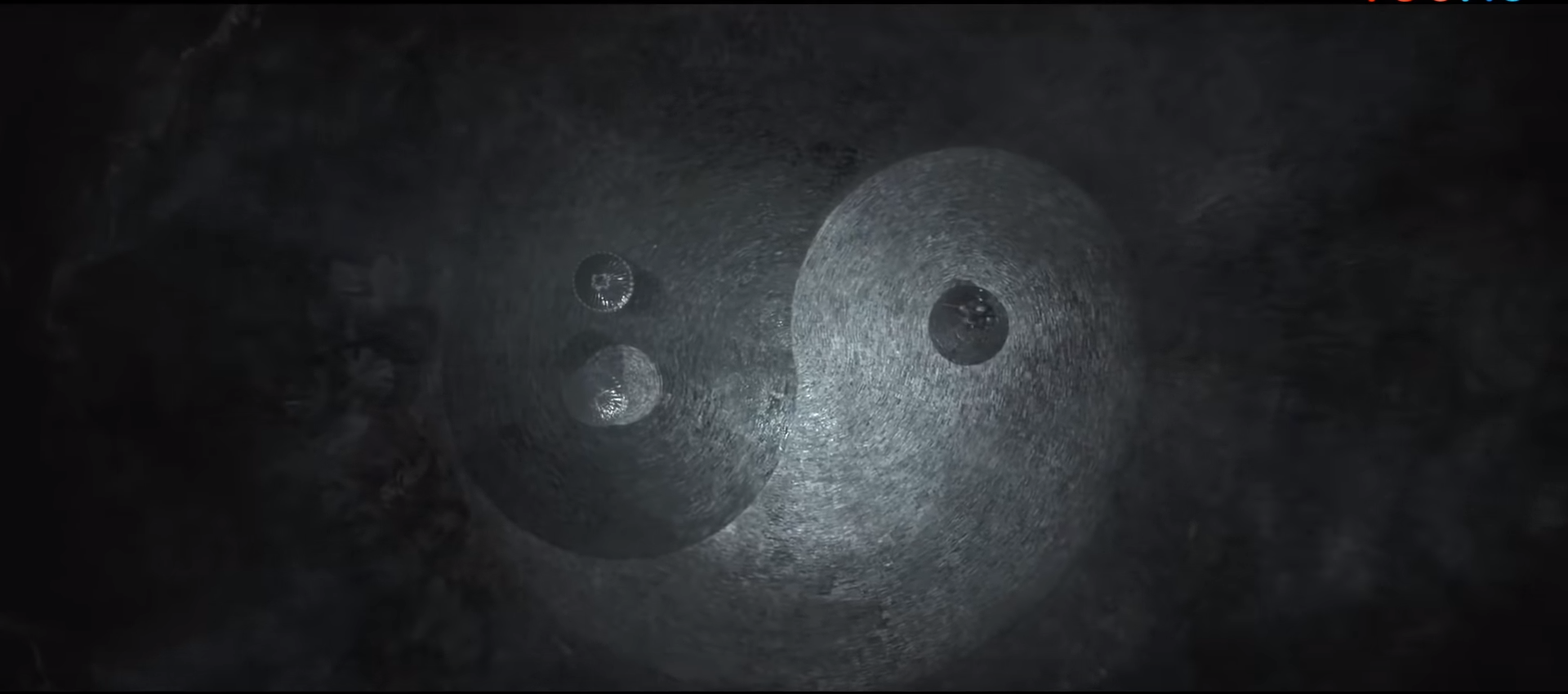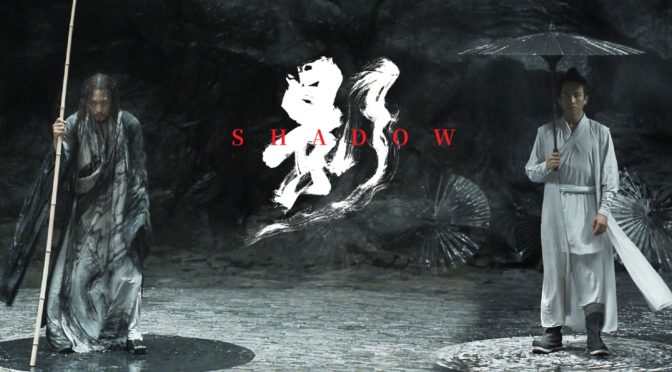After the tepid reviews from his semi-westernized big budget action film The Great Wall starring Matt Damon, it’s great to see Zhang Yimou (Hero) return to the wuxia genre. It’s just a shame that his newest project doesn’t live up to his previous works. Set in the Three Kingdoms period of Chinese history, the story centers on the relationship between two nations. The King of Pei (Ryan Zheng; The Great Wall) has a peace treaty with the Yangs led by General Yang (Jun Hu; Red Cliff) who occupies an important city that previously belonged to the Pei. Against the wishes of his people, the King refuses any attempts to reclaim the city which puts him at odds with his military leader known as the Commander (Chao Deng; The Mermaid). The Commander arranges a duel with General Yang that amounts to a declaration of war which leads to him being stripped of his title, but there is more to the Commander than the King is aware of and the movement to take back the their former homeland is growing behind the scenes.
For a director known for his vibrant use of color, Shadow represents a bold departure. Each scene of Hero was saturated in its own bold hue and House of Flying Daggers featured a kaleidoscopic use of blues, pinks, and reds, but here Yimou limits himself to black, white, and anything in between. It’s a testament to his strength as a visual stylist that the film is so richly detailed. Yimou makes use of every imaginable shade of gray with only blood splatter and skin tones breaking up palette. The incredible production and costume design use texture to compensate for the lack of colors. Ornate armor, layered wardrobes, and detailed stonework keep the film visually exciting throughout its runtime.

The action doesn’t live up to the high bar set by Yimou’s previous films. There are still fight scenes that fans of martial arts films may enjoy, but the violence lacks impact. The combat feels fake and doesn’t have the death-defying acrobatic quality typical from Yimou. He continues to use wire work but makes the costly decision to augment it with additional special effects. He uses a speed-up, slow-down technique for the combat similar, but inferior, to Zack Snyder’s style. What made Yimou’s actions scenes so enthralling was the escalating tension from watching two opponents, in real-time, narrowly escape a volley of attacks. It may be that this choice was necessitated by a cast that doesn’t have the talent of Wushu masters like Donnie Yen and Jet Li, but it’s an effect that breaks immersion and cripples what should be the film’s main draw.
Without action to fall back on, the film’s story bears an unfortunate burden. To outsiders unfamiliar with the historical background of the narrative, much of the motivations will be assumed rather than understood. The desire to take back their city is logical enough but the generational rivalries and tensions may be lost on many. This could be overlooked were it not for the acting, or rather, the overacting. So many of the lines are screamed, snarled, or cackled with the overdone expressions of a classic Bond villain that it becomes hard to take anything seriously. The cast’s faces contort with excess emotion that puts the film closer to the cheesy martial arts movies of the 70s and 80s than Yimou’s best work. While the film makes for some stunning framings, it is an unexpected disappointment. We didn’t need to see Zhang Yimou taking cues from 300. His own style is so much better than that.

2/5 stars.
